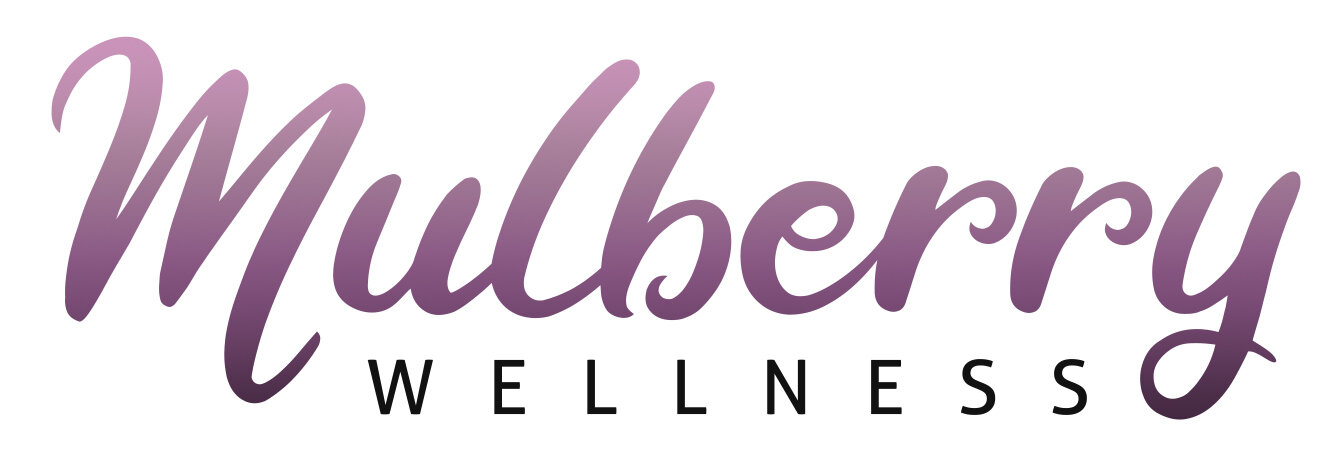
Pediatric Physiotherapy
Pediatric Physiotherapists specialize in working with newborns to teens, with a goal of improving gross motor skills (larger body movements – rolling, crawling, walking, running, jumping, etc.). They also assess posture, range of motion, muscle strength and tone, coordination, endurance, balance and other skills and abilities important for everyday function and comfort.
Pediatric physiotherapists, like all Physiotherapists, treat a wide range of conditions affecting the musculoskeletal, nervous, and respiratory systems, including:
Sports/activity injuries
Scoliosis
Posture
Weakness
Balance and coordination
Fitness and respiratory issues
Congenital disorders including: Cerebral Palsy, Anencephaly, Chiari Malformation, Craniosynostosis, Hydrocephalus
Neural-Tube defects such as Spina Bifida, muscular dystrophy
Acquired disorders including Ataxia and Dyspraxia
Disease of the Spinal Cord, Peripheral Nerve injuries, Cerebrovascular incident/ Stroke, Infectious diseases of the central nervous system (meningitis and encephalitis)
Cystic fibrosis
Osterochondritis dessicans
Patellofemoral Pain Syndrome
Hip dysplasia
Motor skills
Sensory issues
Oral Motor - Tongue and oral motor function and Tethered Oral Tissues: Feeding is a complex process, involving the work and coordination of many structures. We work to help promote the development of optimal oral motor skills for proper breathing, feeding, facial growth and more. This may be to assist with developing the oral strength and function needed for successful feeding, to help prepare for a tongue tie release, rehab post release, or strengthen or relax weakness or tightness within the body work to achieve h parents goals related to feeding or oral motor concern
Delayed milestones related to Autism spectrum
Increasing physical activity in sedentary children
Infant milestone check-ups and screening, education for prevention of common conditions
Head turning preference or torticollis: Helping to determine the possible causes of head turn preference with a thorough assessment to working with the family to develop a treatment plan. This may include soft tissue work, a home exercise program for strengthening and lengthening, positioning strategies, education and strategies for do’s and don'ts at home and a coordinated plan for ongoing treatment
Head shape management/Concerns - Flattening (plagiocephaly, brachycephaly, scaphocephaly), & more Causes: Determine if the head shape concerns are manageable with positioning, exercises for neck & trunk. to head shape assessment clinic
Low tone
Delayed motor milestones
Neurological Conditions: Physiotherapists work to assist optimal development for all children. Benefits of physiotherapy treatment include, normalizing muscle tone, increasing range of movement, improving muscle strength, balance and coordination
Strength and flexibility training for young athletes
Orthopedic issues such as flat feet, toeing in, toe walking, etc
Musculoskeletal Injuries
Concussion Management for Head Injuries (concussion, traumatic brain injury)
Every child’s and families’ goals and needs are unique and we aim to meet these in a fun and enjoyable environment with functional play, games and activities. Our therapists work one on one with your child the entire session. We also work closely with family members, caregivers, teachers, doctors and other health care professionals. Parents and caregivers are always encouraged be a part of therapy.
Paediatric physiotherapy is often covered under you or your spouse’s insurance plan.

